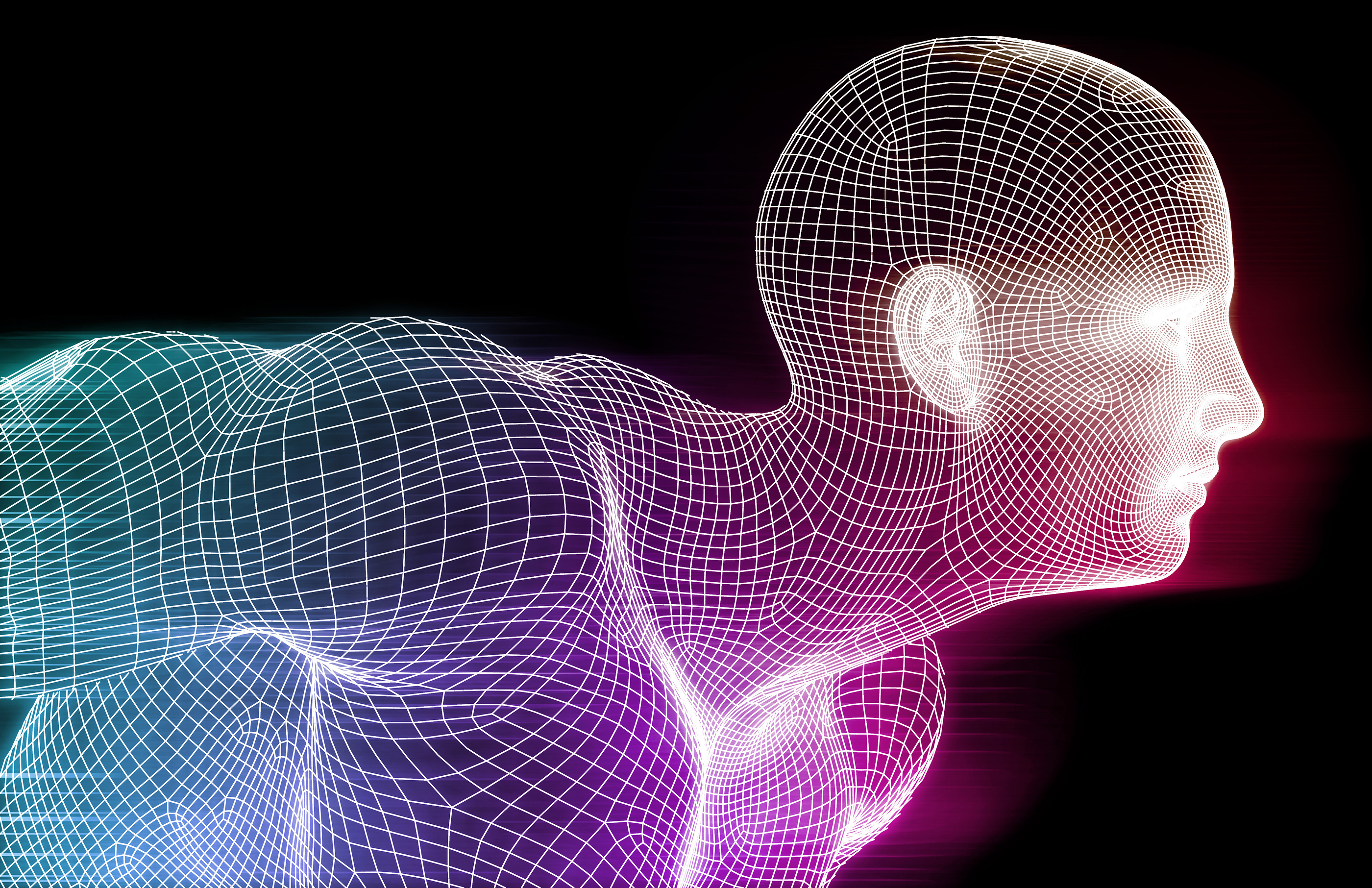While humans must program machines with ethics in mind, machines lack human reasoning–important when deciding what happens when things don’t go exactly as planned. When AI technology fails, as in the case of the autonomous vehicle that struck and killed a pedestrian, an innocent person is the victim.
David Danks, Carnegie Mellon University philosophy and psychology professor, says the people developing the technology must take into account both – ethics and the business goal – and realize “it is not a zero sum gain. It’s not ethical or profitable, where those are mutually exclusive. It’s not ethical or fast, where those are mutually exclusive.”
Many companies will consider ethical implications of AI when designing products, but only occasionally create dedicated ethics groups to focus on questionable uses of the technology by humans when it’s in practice. Of course, technological flaws and failures must also be taken into account.
Basic AI Design Considerations
Many companies will consider ethical implications of AI when designing products, but only occasionally create dedicated ethics groups to focus on questionable uses of the technology by humans when it’s in practice. Of course, technological flaws and failures must also be taken into account.
Controls must be built in to identify biases, show attribution, and enable course correction as needed. To that end, Constellation Research, a technology research and advisory firm based in Silicon Valley, suggests instilling these five design pillars for AI ethics in all projects:
- Transparent: Algorithms, attributes, and correlations should be open to inspection for all participants.
- Explainable: Humans should be able to understand how AI systems come to their contextual decisions.
- Reversible: Organizations must be able to reverse the learnings and adjust as needed.
- Trainable: AI systems must have the ability to learn from humans and other systems.
- Human-led: All decisions should begin and end with human decision points.
Learn More About Ethics in Design
Mark your calendar and register today for IEEE’s free webinar on Artificial Intelligence and Ethics in Design, taking place at 1:00 p.m. EST, May 9, 2018. You’ll learn how to help your organization apply the theory of ethics to the design and business of AI systems.
The webinar is the perfect companion to Artificial Intelligence and Ethics in Design, a five-course training created to educate and empower professionals to practically implement ethical considerations when developing intelligent and autonomous products and services.
Resources
Bhavsar, Vrajesh, ARM. (25 Jan 2018). The development of AI ethics must keep pace with innovation. VentureBeat.
Cook, John. (9 Feb 2018). The ethics of AI: Robots will rise, but will they rule us all? GeekWire.
Fingas, Jon. (26 April 2018). Axon opens ethics board to guide its use of AI in body cameras. Engadget UK.
Wang, R “Ray.” (26 Mar 2018). Designing Five Pillars for Level 1 Artificial Intelligence Ethics. Enterprise Irregulars.



[…] Each year, more than 2 million animals are destroyed in testing of various chemicals used in consumer products. That may soon change, thanks to new approaches to chemical testing using artificial intelligence (AI). […]
[…] Nearly all Fortune 500 companies use some form of automation in hiring, which is perfectly legal, but is it ethical? […]
[…] is another take on the ethics involved in developing AI. There are design decisions and regulations to consider, but we must also […]
[…] (AI) is expected to dramatically alter human society. However, many experts worry about the potential dangers of these systems, including their propensity for […]